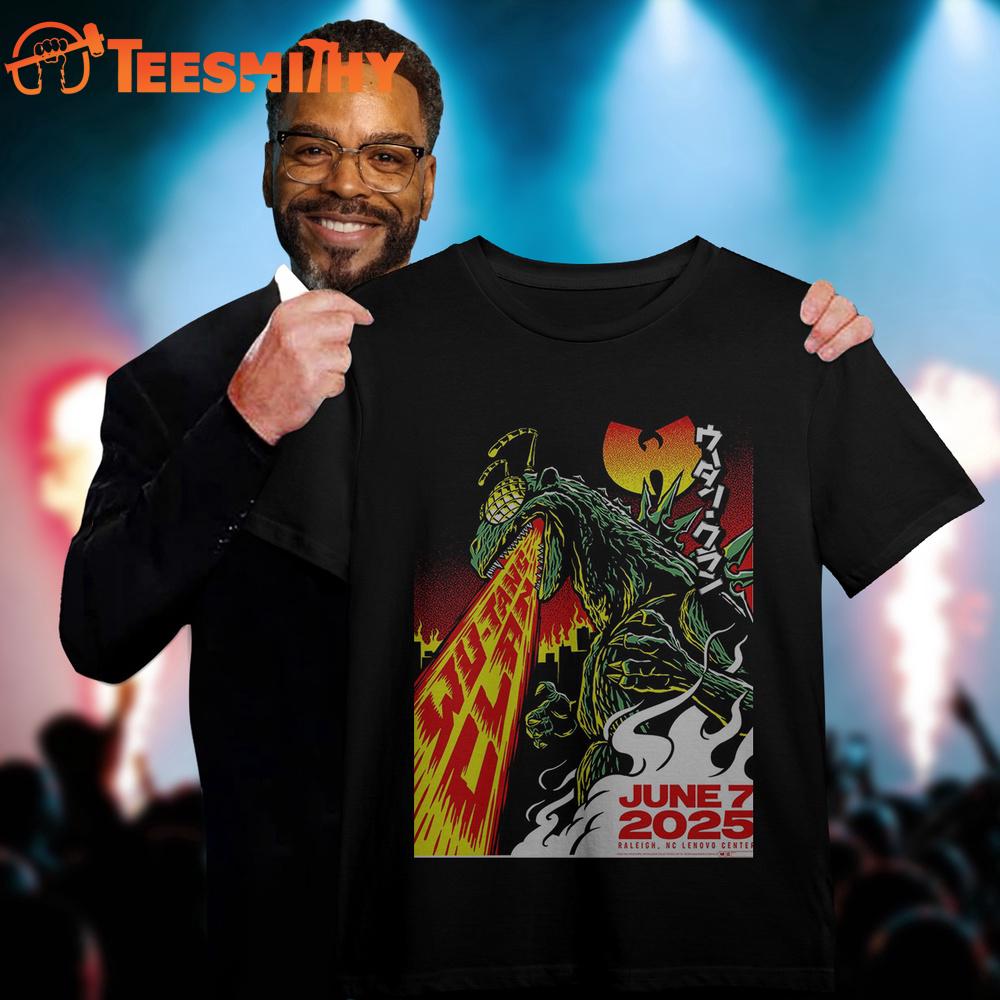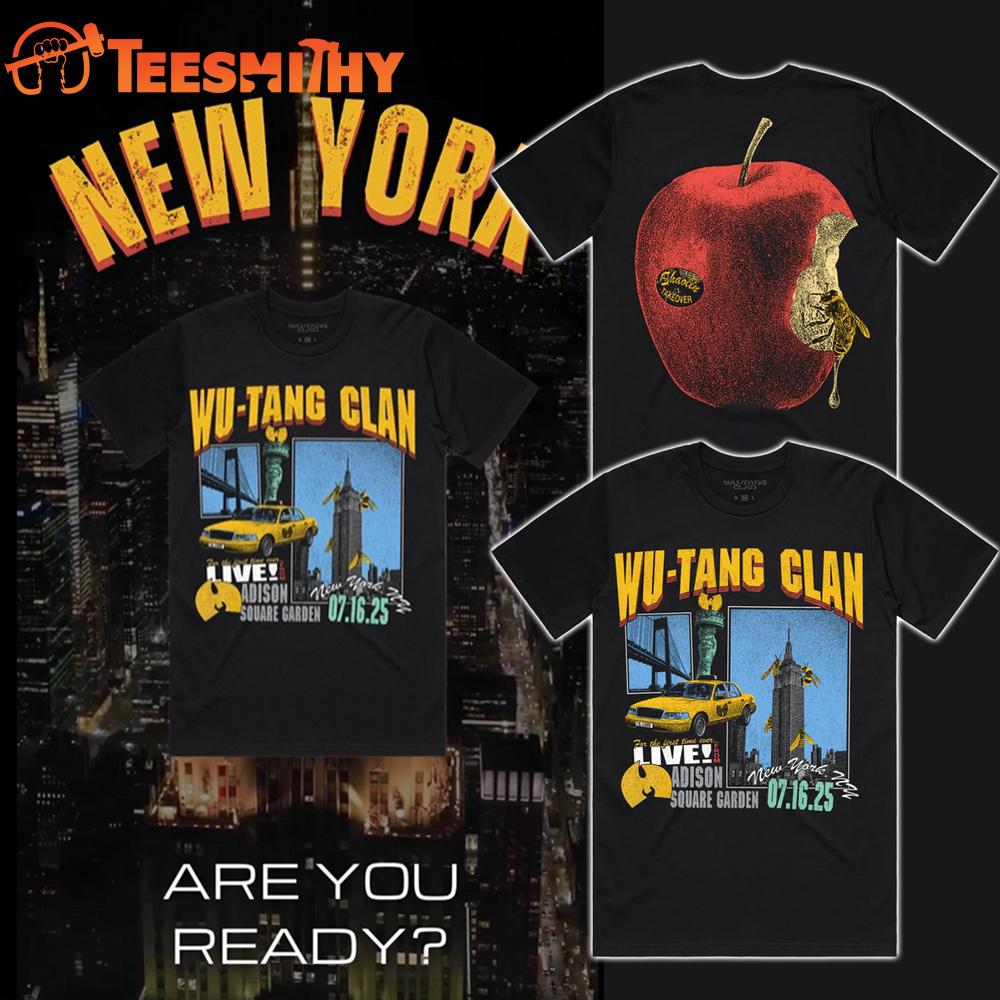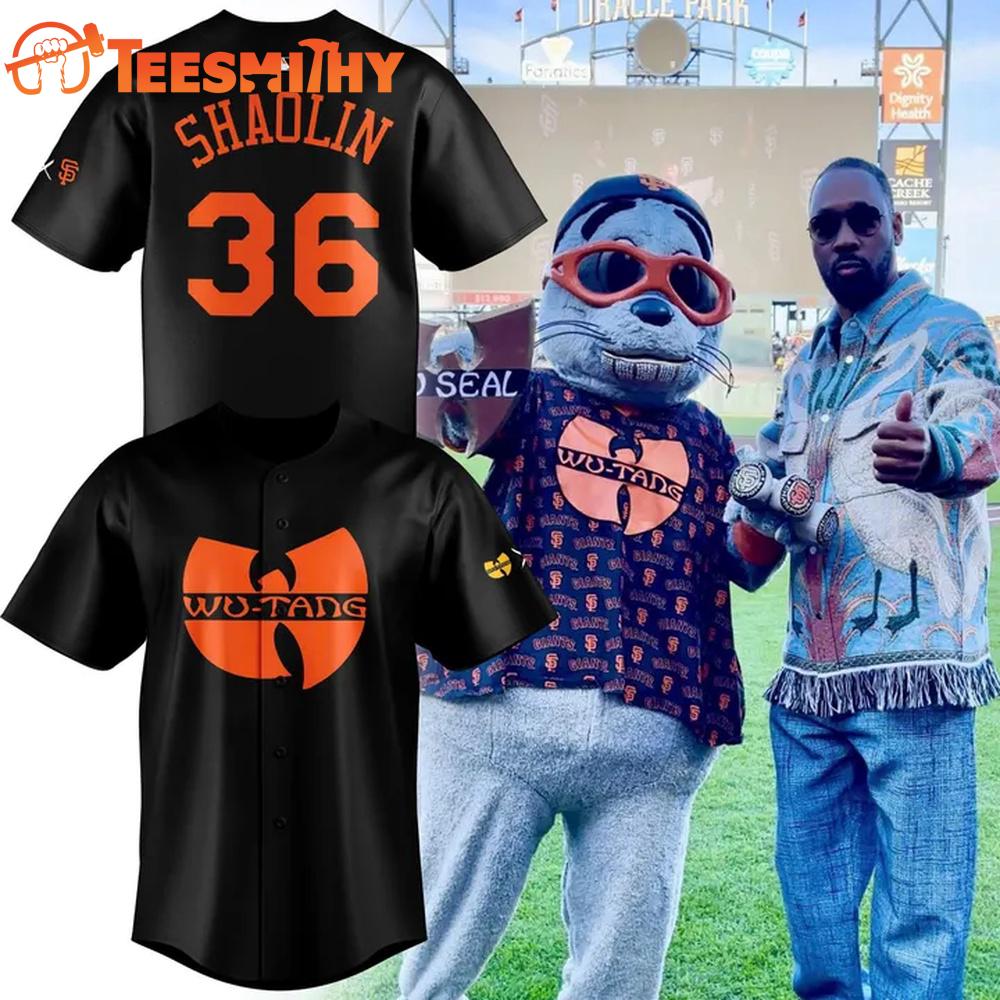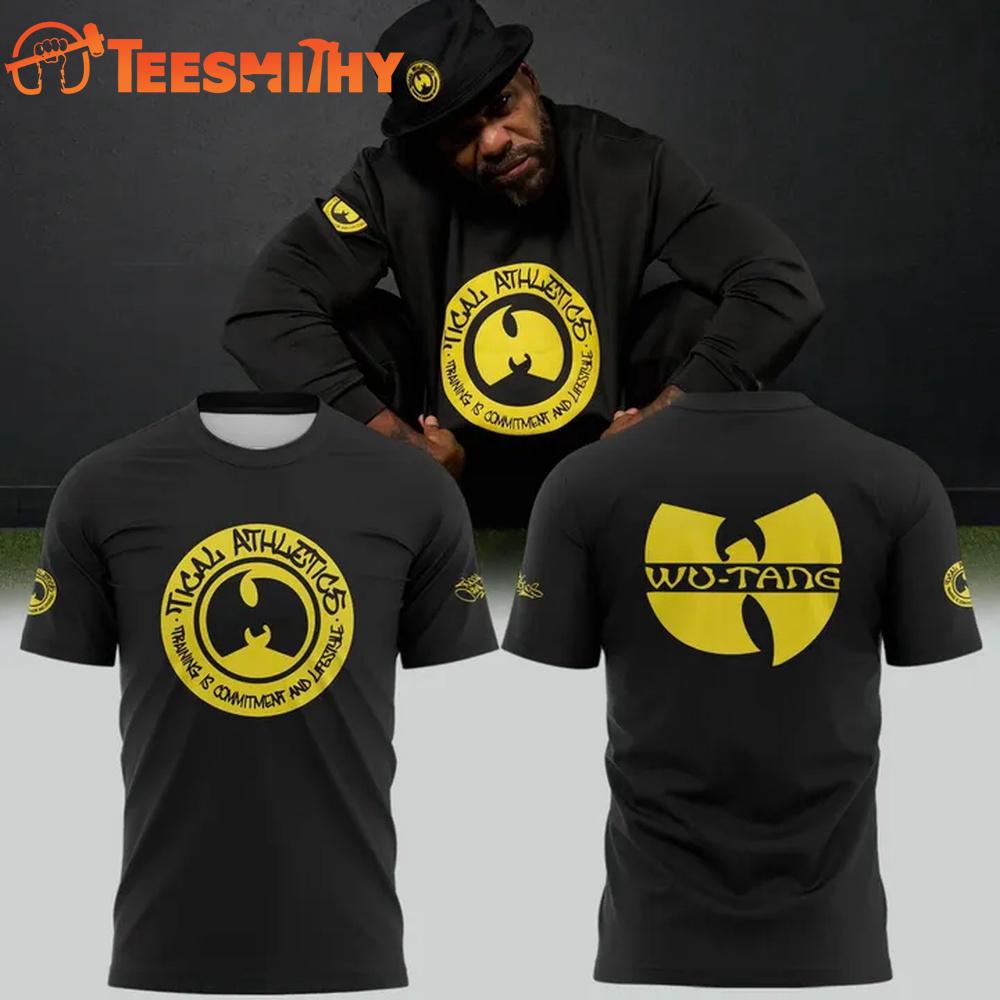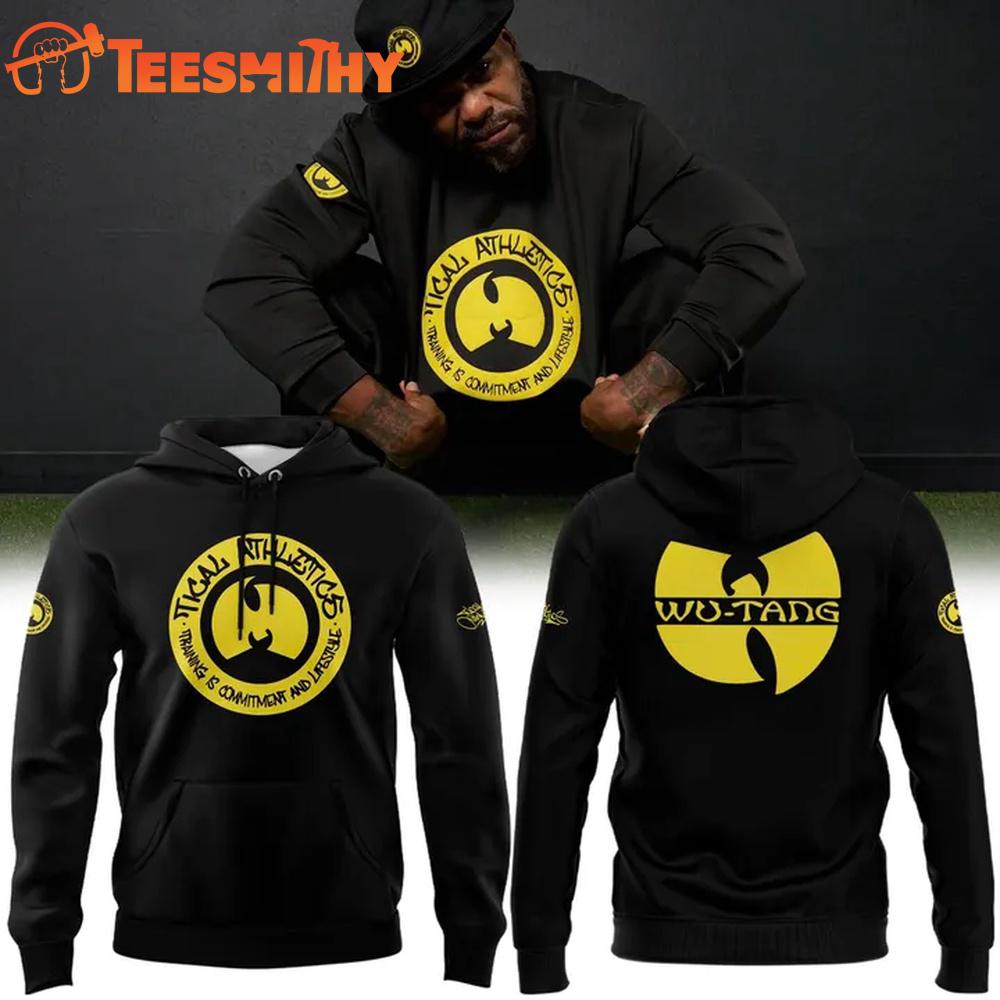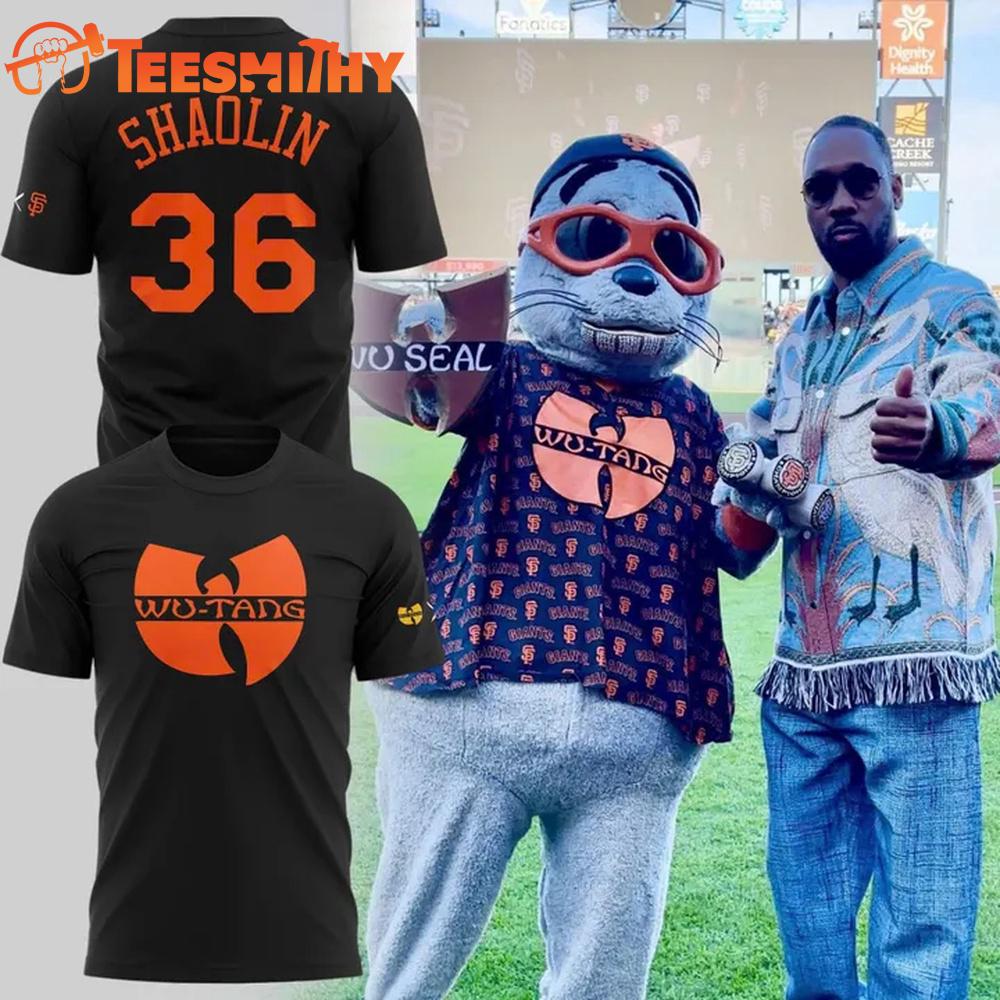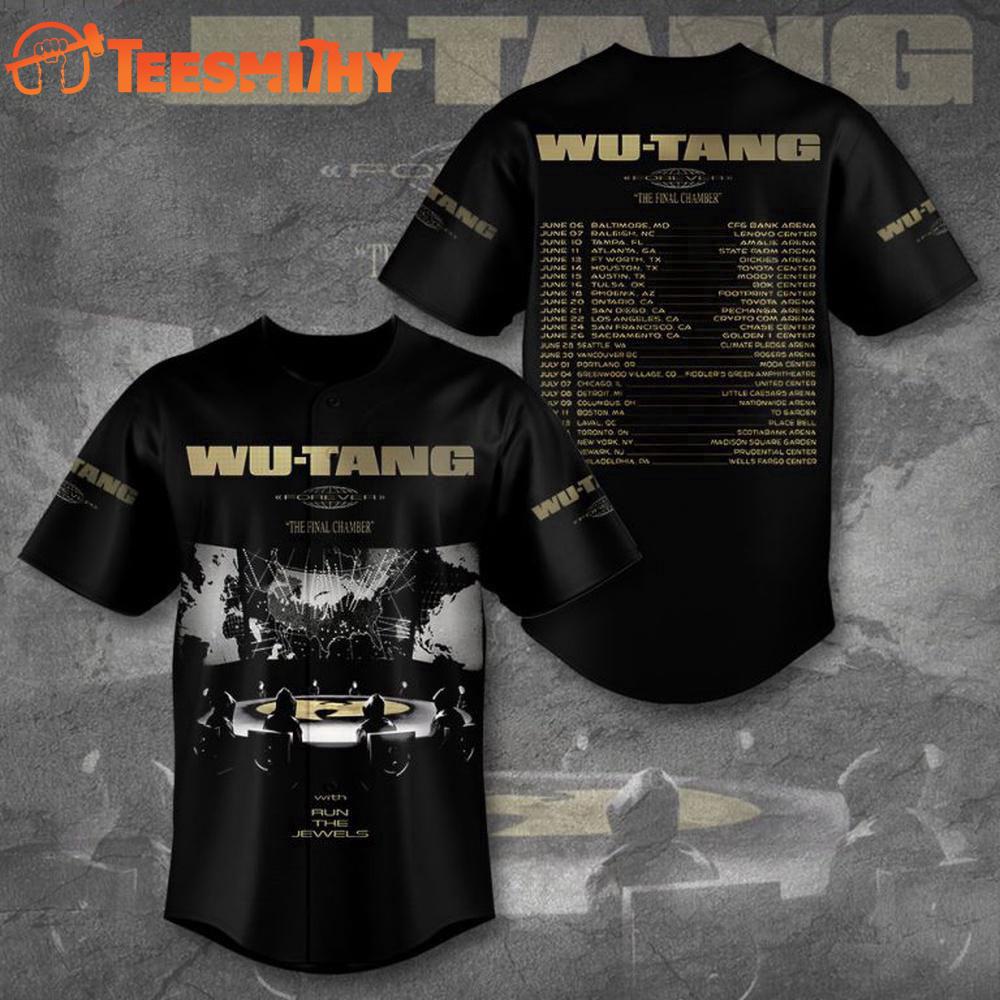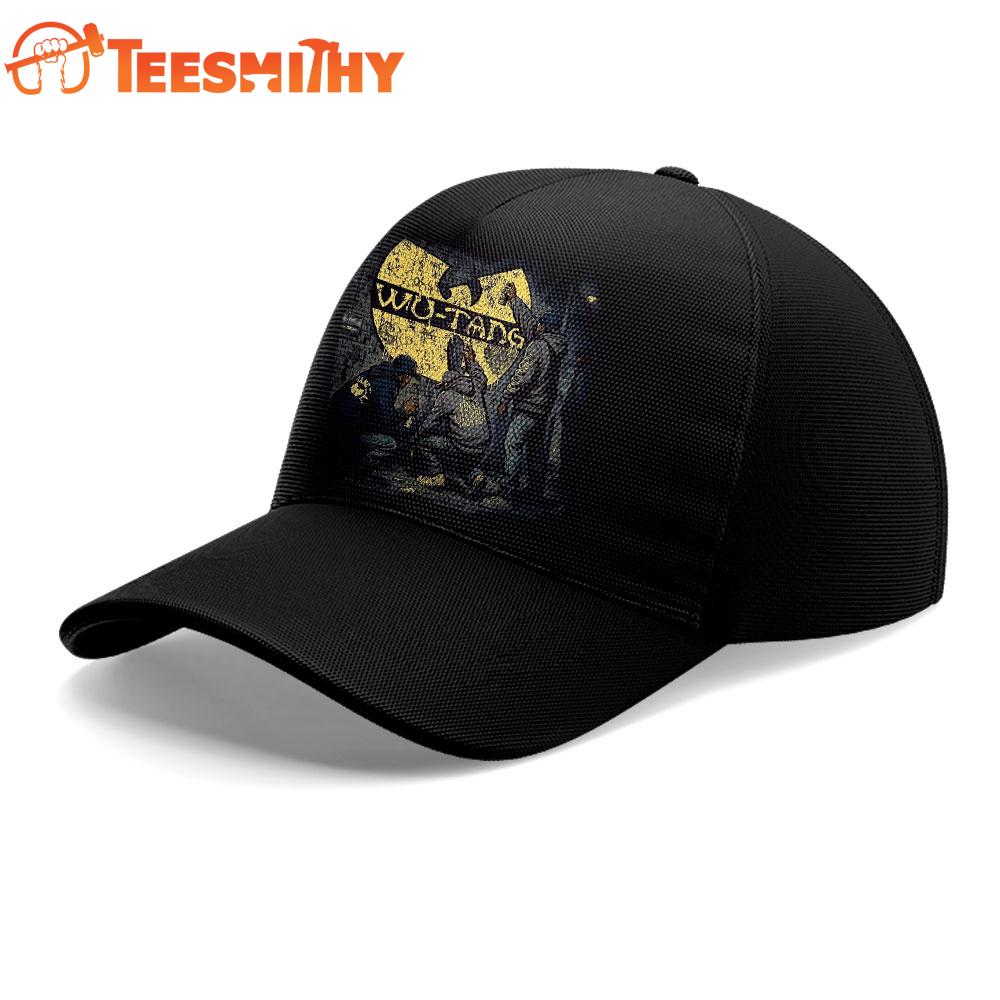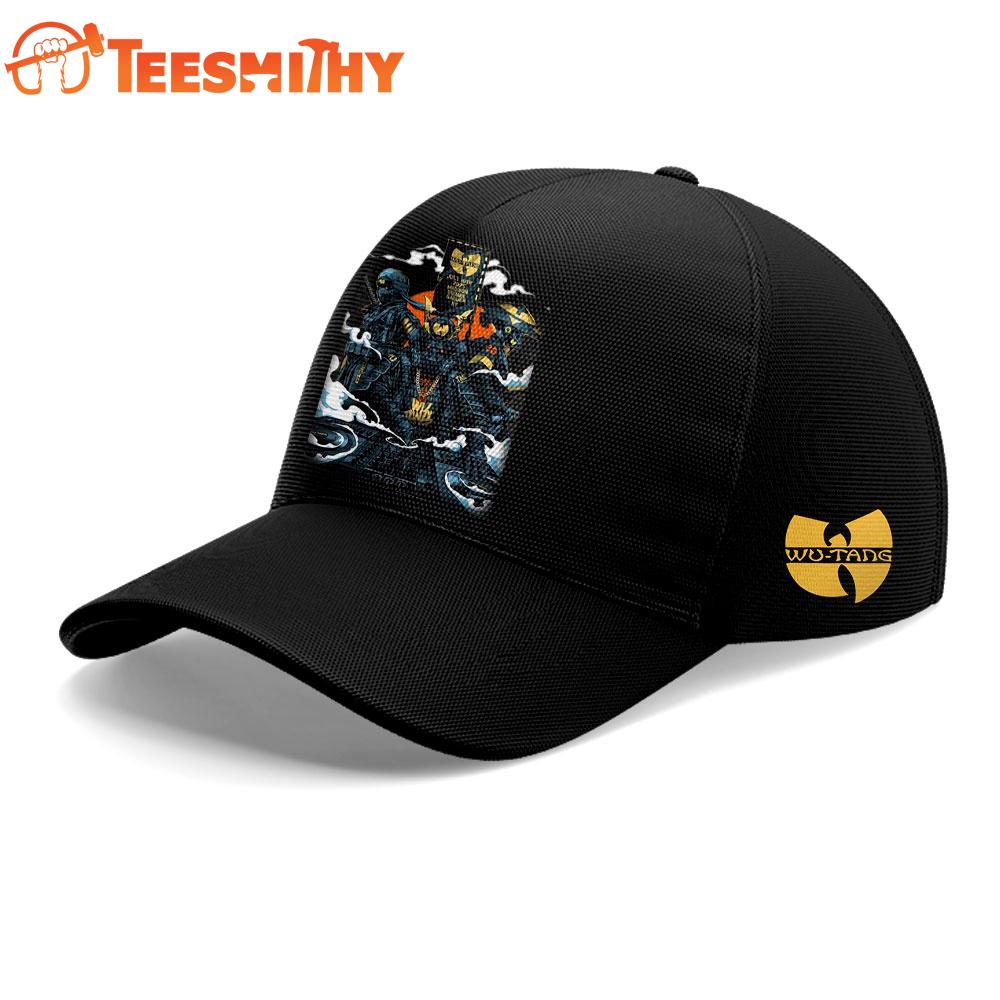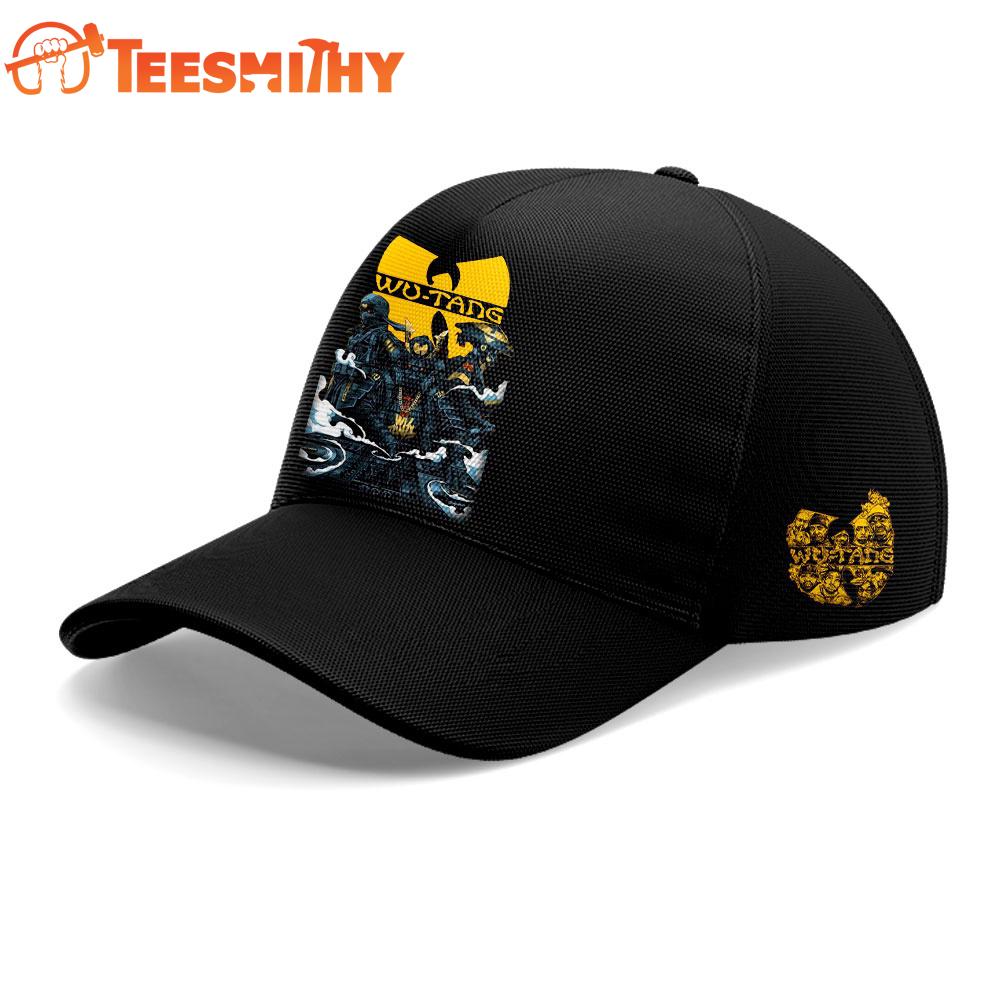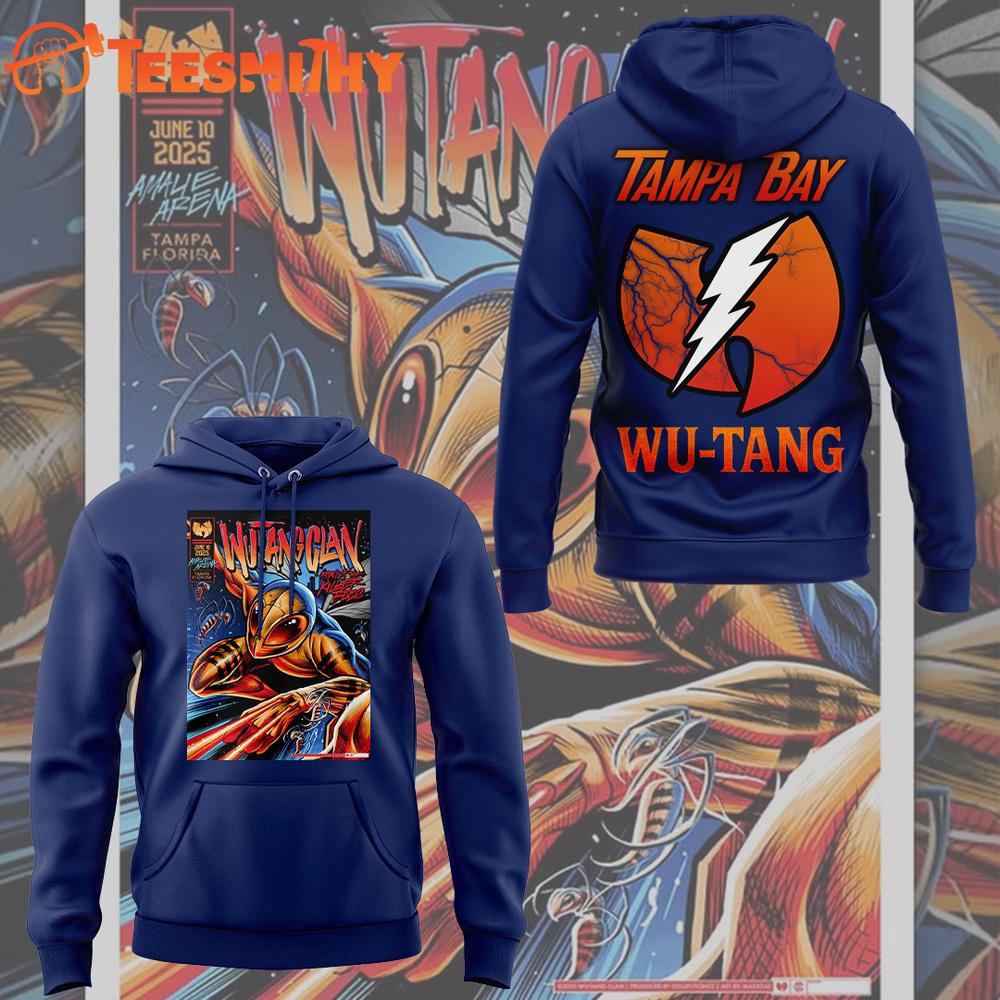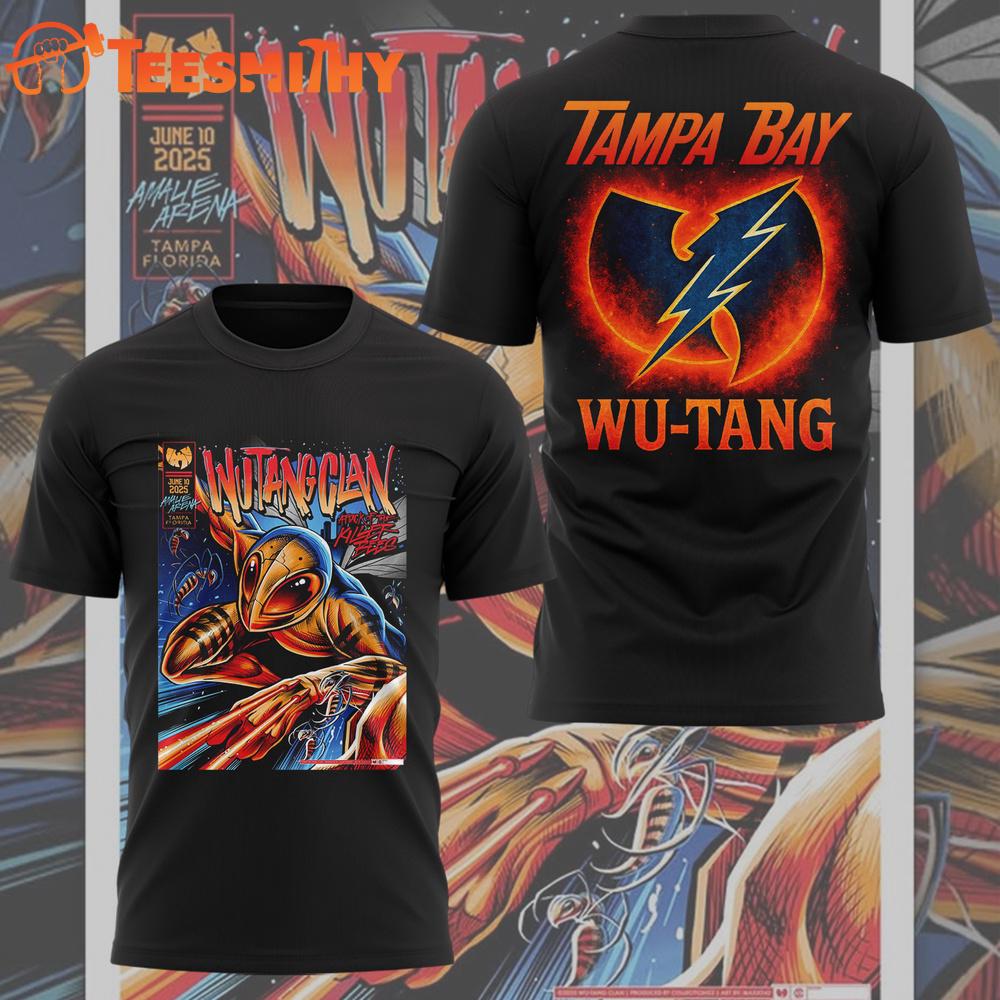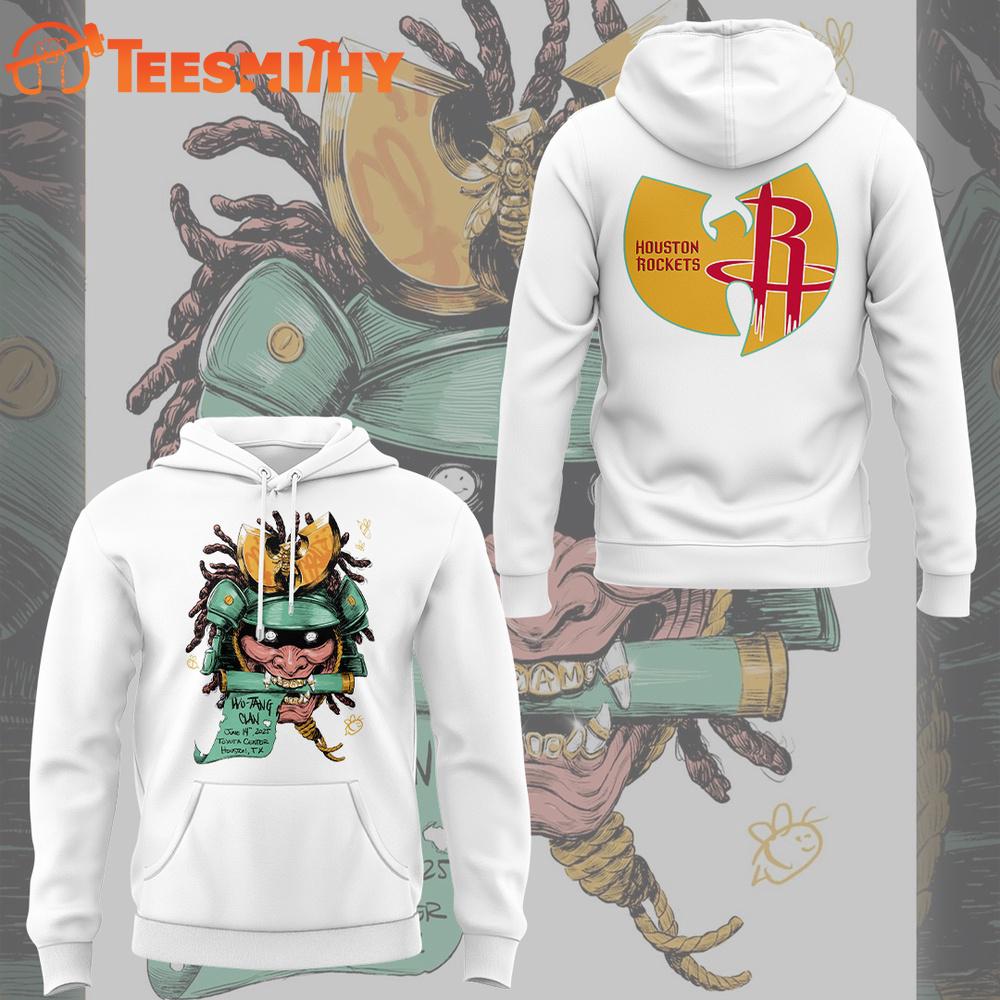The Wu-Tang Clan, an iconic hip-hop collective, has been a pivotal force in shaping the genre’s landscape since its inception. Yet, amidst their legendary status, there remains ambiguity regarding their membership count. While some assert that the group comprises nine members, others contend that there are actually ten. This intriguing discrepancy prompts the question: “What rapper is not a part of Wu-Tang Clan?” To unravel this mystery, it’s imperative to delve deeper into the rich history and diverse personalities that define the Wu-Tang Clan.
Who is the Wu-Tang Clan?
Formed in 1992 in Staten Island, New York, the Wu-Tang Clan emerged as a groundbreaking force in hip-hop, blending martial arts aesthetics with gritty street narratives. Their debut album, “Enter the Wu-Tang (36 Chambers),” propelled them into the spotlight, showcasing their unparalleled talent and unorthodox approach to music. Led by visionary producer RZA, the group’s lineup initially included RZA himself, GZA, Method Man, Raekwon, Ghostface Killah, Inspectah Deck, U-God, Masta Killa, and the enigmatic Ol’ Dirty Bastard (ODB). Each member brought a distinct style and perspective to the table, contributing to the Wu-Tang Clan’s multifaceted identity.
If you’re inspired by the bold style and cultural impact of Wu-Tang Clan, exploring clothing that reflects their legacy can be a meaningful next step. From graphic tees to streetwear staples, there’s a wide range of designs that capture the group’s iconic aesthetic. You can browse curated pieces that align with this style on the Wu-Tang Clan clothing tag page to find options that suit your personal look and connection to the music.
The legendary members of Wu-Tang Clan?
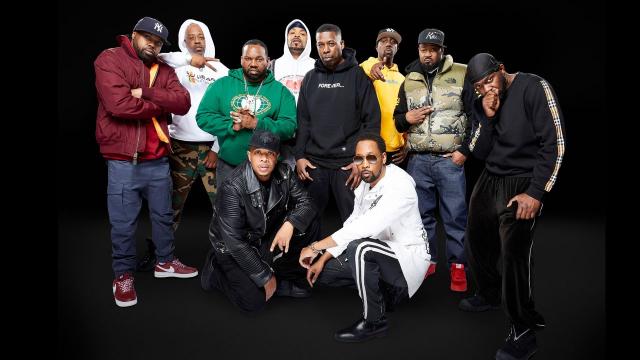
RZA (Robert Diggs): The de facto leader and mastermind behind the Wu-Tang Clan’s unique sound, RZA is renowned for his innovative production techniques and philosophical lyricism.
GZA (Gary Grice): Known for his intricate wordplay and cerebral approach to storytelling, GZA, also known as the Genius, is revered for his lyrical prowess.
Method Man (Clifford Smith): With his charismatic delivery and magnetic stage presence, Method Man quickly emerged as one of the group’s standout members, captivating audiences with his infectious energy.
Raekwon (Corey Woods): As the self-proclaimed “Chef” of the Wu-Tang Clan, Raekwon’s vivid storytelling and streetwise lyricism brought a gritty authenticity to the group’s narratives.
Ghostface Killah (Dennis Coles): Renowned for his vivid storytelling and vividly detailed narratives, Ghostface Killah’s cinematic approach to lyricism has earned him widespread acclaim.
Inspectah Deck (Jason Hunter): Known for his razor-sharp wit and intricate rhyme schemes, Inspectah Deck’s lyrical dexterity has solidified his status as one of the Wu-Tang Clan’s most respected lyricists.
U-God (Lamont Hawkins): With his distinctive baritone delivery and introspective lyricism, U-God’s contributions to the Wu-Tang Clan’s sound have been invaluable.
Masta Killa (Elgin Turner): Revered for his understated yet impactful lyricism, Masta Killa’s smooth delivery and insightful verses have earned him a devoted fanbase.
Ol’ Dirty Bastard (Russell Jones): The enigmatic and unpredictable ODB brought a wild energy to the Wu-Tang Clan, with his unorthodox delivery and larger-than-life persona.
What rapper is not a part of Wu-Tang Clan?
While the Wu-Tang Clan initially consisted of nine members, a significant addition was made with the inclusion of Cappadonna (Darryl Hill). Cappadonna’s arrival further enriched the group’s dynamic, adding another layer of lyrical prowess and versatility to their collective repertoire. With his distinct flow and introspective lyricism, Cappadonna seamlessly integrated himself into the fabric of the Wu-Tang Clan, solidifying his position as an essential member of the group.
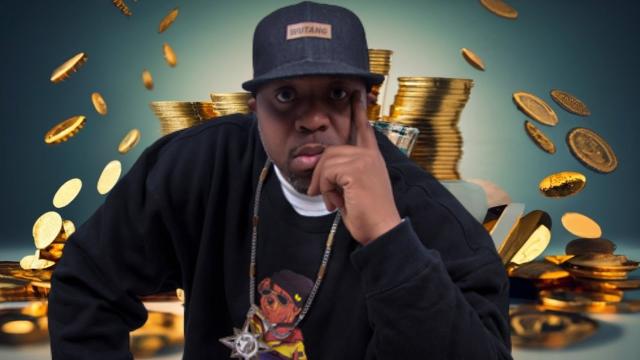
Perhaps that’s why many people still wonder, ‘What rapper is not a part of Wu-Tang Clan?’ But as you can see, Cappadonna remains an official member of this musical family.
Why did the Wu-Tang Clan break up?
The Wu-Tang Clan, despite occasional internal conflicts and periods of inactivity, has never officially disbanded. Instead, they have navigated through challenges stemming from creative differences, business disputes, and the pursuit of solo careers. The diverse personalities within the group, coupled with the pressures of fame and success, have occasionally led to tensions. However, their shared passion for music and unwavering dedication to their craft have enabled them to overcome these obstacles and continue their legacy as one of hip-hop’s most influential collectives.
In conclusion, the Wu-Tang Clan officially comprises ten members, including Cappadonna. Their legacy transcends music, encompassing cultural impact, entrepreneurial ventures, and a devoted global fanbase. As they continue to push the boundaries of creativity and innovation, the Wu-Tang Clan remains an indelible force in the world of hip-hop, inspiring generations of artists and audiences alike. The debate over their membership count serves as a testament to their enduring mystique and the profound influence they have had on the evolution of music.


